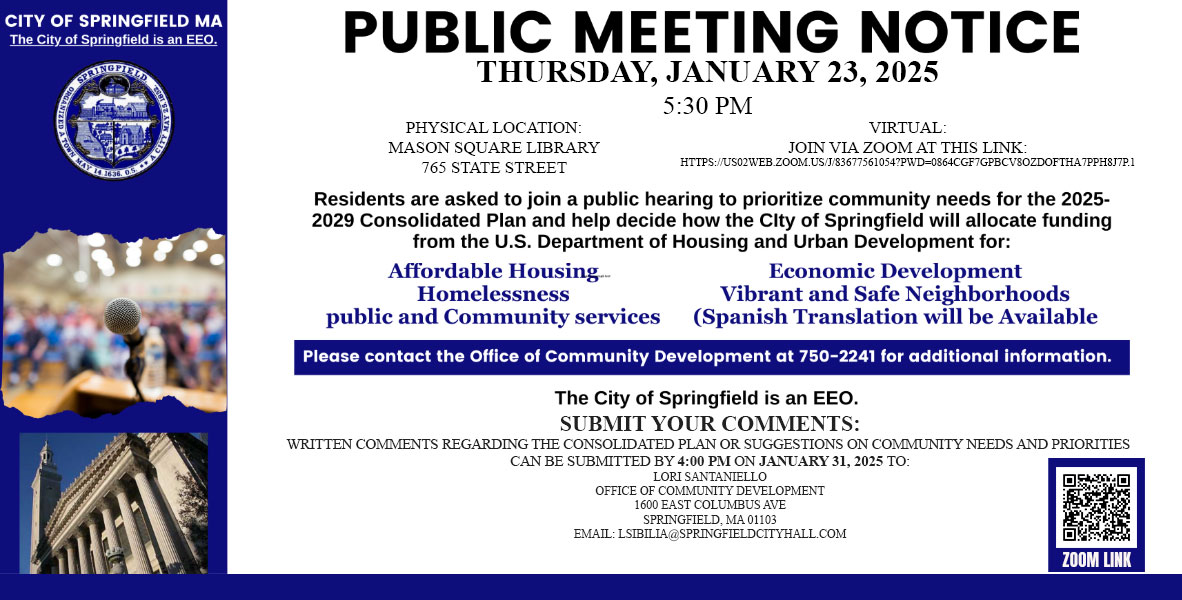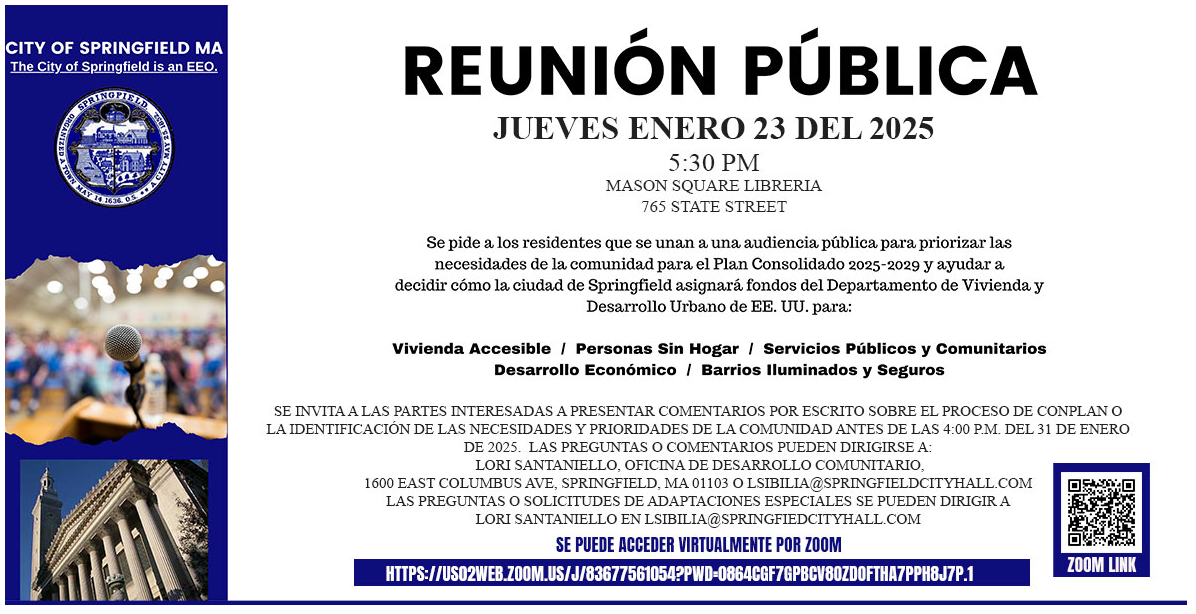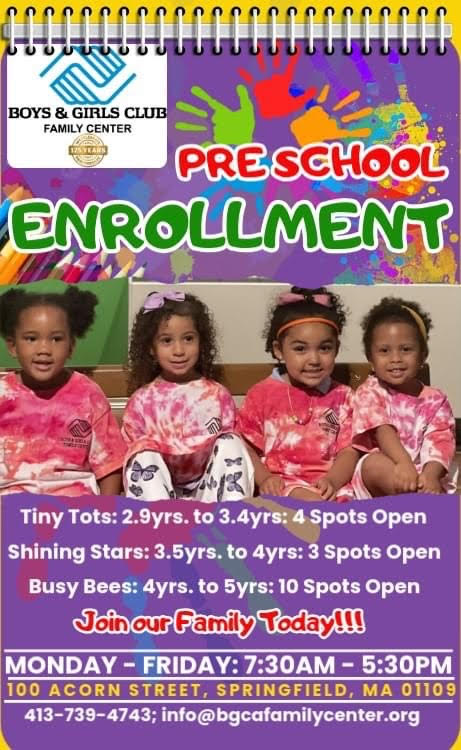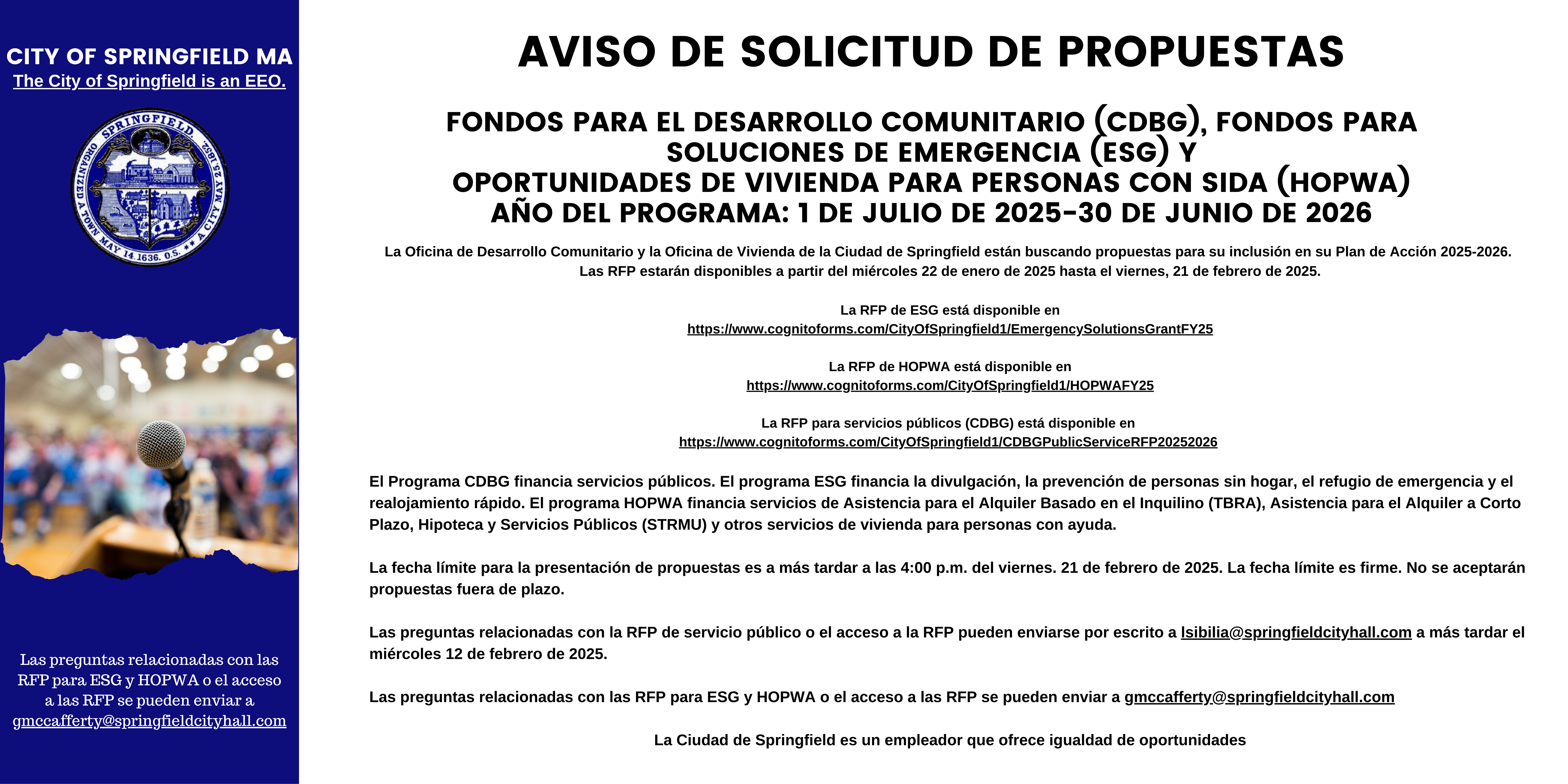Written by Sommers Smith
There needs to be more attentiveness to children’s emotions, thoughts, and mental health.

It is time to break the generational curses of “because I said so” or “I’m the parent. You’re the child, you do what I say.” or the least favorite, “Don’t ask me no questions, I’m the momma.”
Many of us can relate to these infamous phrases and many more that ring true in black households. Although these remarks from our black parents, aunties, uncles, and elders ensure strength behind the power of raising a respectful child, it hinders that child’s growth in communication. It makes them feel like their parents don’t understand.
Telling children to stay in a child’s place is unhealthy; it is challenging to ignore toxic habits and behaviors in many homes, leading to a lack of emotional support.
It is challenging to open up when many are taught, “What happens in this house stays in this house.” Another too familiar phrase keeps children muted or afraid to express their true feelings to friends, family, or other support systems.
We have to do better as a community to take the time to listen. A child speaking up about their feelings isn’t a sign of disrespect or “talking back.” A child is still a human being, and their feelings matter too. So let them express themselves freely while setting those boundaries.
“The same work you have to do with another partner, or co-worker or anything else, children deserve the same type of energy and effort because where do you think they learn this? They learn how to communicate through you. So if you shut down or you’re yelling, then more than likely that child is going to grow up shutting down, conflict-averse and yelling,” said Whitney Dodds.
Dodds is the Founder and Lead Therapist at Wellness for the Culture, a mental health practice located in Springfield, MA. As a Licensed Mental Health Counselor in Massachusetts and a Licensed Professional Counselor in Connecticut, she shares her knowledge and experience on creating your way of healthy communication.
“You have to learn, just like they have to learn. Playing games, family game night; you think you’re only talking about games, but you’re talking about life, you’re telling them stories, and you’re doing all sorts of things with them. Honestly, create that time with you and your children to naturally do things in the home using those spaces. You don’t have to do anything extra, life is already crazy, and we don’t have enough time in the day. I don’t want to make expectations unrealistic for people. It is using the space you have and the time you have,” said Dodds.
A suggestion would be to set aside an hour a day to speak as a family openly, having dinner together with no distractions or even taking a family walk through the park.
There is no perfect way to communicate, but it is crucial to make children feel like they have a safe space or safe moment to be open about anything. Black families often break apart because there are too many closed doors and not enough honest conversations. We have to find that balance of “I’m the parent” and combine it with “I hear you. I see you. I will do better. We will do better.”
Dodds said, “Spend time with the children, talk with them, take those times where they’re acting out of sorts and use it for communication moments. They’re going to get chastised the first time because there are consequences to how you talk to me in my house and I pay bills and all that stuff; yes, that’s one time. The next time I might sit you down and talk with you. Let’s talk because if you’re at work and a co-worker does the same thing, you can’t smack them upside the head and put them in their room.”
Everything doesn’t have to be so hard and stern in homes when it comes to communicating. The world is complex enough for us already; let’s prepare our children to express themselves early. It will do wonders for their professional careers, personal relationships, and internal journey of self-love.

The work starts in the heart, and home is where the hearts should be filled with understanding, love, respect, compassion, and open conversations. Growth begins with having those hard conversations and realizing something needs to change.
We often try to be strong on our own, but there is no shame in admitting you need help, whether it’s for stress, depression, family loss, job loss, or just figuring out how to communicate with your loved ones.
“Therapy’s a thing. You can come to family therapy. I know people often think there has to be a problem, but sometimes it could just be “in this household we don’t communicate well. We want to come and have a space where we’re all coming to do this thing together each week, but we need a safe space,” said Dodds.
She continued, “It’s just sometimes getting support, talking about things that needed to be talked about, changing generational trauma and learning what trauma is, a lot of it is teaching certain skills and coping and things of that nature. It doesn’t always have to be extreme. A lot of times, people in therapy come for their problem at the moment but end up finding out that they can talk to someone, only to discover they need more of a life coach type of teacher or need help with finding solutions or they’re in a transition.”
The hardest part is taking the first step to letting an outsider in, but sometimes simply asking questions and attending community events can be enough to break down those preconceived notions and barriers we learned about therapy. Of course, treatment isn’t for everyone, but developing healthy coping skills is crucial to building strong family bonds and trust. So let’s create new spaces in our lives to listen more and promote healing within our children because we are the example to help them mold into strong scholars, leaders, professionals, and community innovators.






